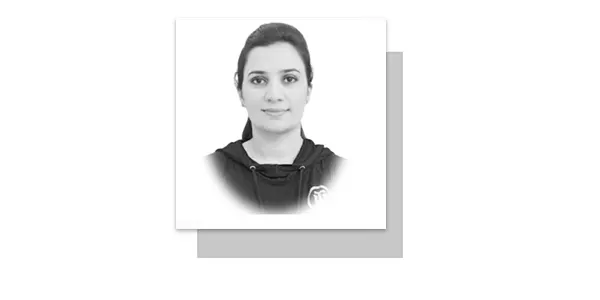On 23 January 2024, the South Korean Embassy in Islamabad, Pakistan, conducted a seminar titled “Empowering Women across Borders: North Korea and Afghanistan.” The objectives of the seminar included, but were not limited to, providing a platform for experts in the field of women’s rights and human rights to share their knowledge and insight on the root causes of women’s rights issues in North Korea and Afghanistan; deepening the understanding of the multifaceted challenges faced by women in these countries, including economic disparities, cultural norms, gender discrimination and political constraints; and fostering constructive dialogue and brainstorming solutions that can lead to tangible improvements in the status of women’s rights in North Korea and Afghanistan.
The event organizers brought together experts from a wide range of backgrounds such as academia, media, UN Women, NGOs and advocacy centres. Jacqui Vipunjit Ketunti (Deputy Representative for UN Women Pakistan), Omar Khalid Butt (Pakistan Media), Dr Farah Naz (National University of Sciences and Technology, Pakistan), Huiyeon Kim (World Alliance for Support of North Korean Women Defectors), Samina Nazir (Country Director Potohar Organization for Development Advocacy), and Zeeshan Salahuddin (Tabadlab) spoke extensively about women rights issues in North Korea and Afghanistan.
The panel brought forward a candid comparative analysis of North Korean and Afghan women’s economic empowerment. They focused on how improving women’s access to education, job opportunities and financial resources can drive economic growth in these two countries. They highlighted various barriers like discriminatory laws and social norms that hinder women’s progress to achieve desired goals in North Korea and Afghanistan. The panel called the audience’s attention to how social cohesion can help in exploring the role of women in fostering community resilience and peace processes. Along with the above, women as agents of change across borders were discussed at length with a focus on their roles in societal development, migration and resettlements. By examining the socio-political contexts, legal frameworks and cultural norms of North Korea and Afghanistan, the panel set a foreground to comprehend various challenges, progress and hurdles women face in these two countries.
The seminar deeply discussed that, unlike Afghanistan, the North Korean State claims gender equality but in reality, there are widespread human rights abuses and entrenched gender discrimination in North Korea just like Afghanistan. The seminar brought forward North Korean women who spoke about their issues and familiarized the world with unheard North Korean voices. They discussed that women face minimal representation in influential positions and regular instances of sexual and gender-based violence are evident. Domestic abuse is trivialized and victims of sexual assault face significant stigma and lack legal recourse. Despite some visibility of women in leadership roles, there has been no significant policy shift to improve women’s rights. The economic contribution of women, particularly in informal markets, underscores their resilience, yet they continue to face increased discrimination and exploitation. According to 2022 official data from South Korea’s Unification Ministry, of the 33,834 North Koreans, who fled and sought asylum in the Republic of Korea, are female. Women and girls comprise approximately 72% of these defectors, with around 60% being women in their 20s and 30s. Unfortunately, not a single entity speaks for the rights of North Korean women or becomes their voice in the international system/community.
Along with North Korean women, Afghan women under the Taliban de facto government were discussed at length. Since the Taliban takeover, Afghan women witnessed severe regression in women’s rights, ranking last in the Global Gender Gap Report 2023. The Taliban’s restrictive policies have decimated women’s rights to education, employment and freedom of movement. The imposed rules not only violate fundamental rights but also exacerbate vulnerabilities, especially for women and girls in displacement. The panel focused on how the Taliban’s crackdown on women’s rights is intensifying, with prohibitions on travel, work and public visibility. The panel mentioned that the response to women’s protests, involving excessive force and arbitrary detentions, further illustrates the dire situation.
The event was attended by researchers, scholars, academia, representatives from international organizations and NGOs, civil society activists/advocates and the media. Through comparative analysis, the seminar contributed to the global discourse on gender equality, offering insights and recommendations for policy and international cooperation to address these critical issues effectively. The seminar left behind the audience to look at the women’s issues from a broader lens including some unheard voices from North Korea along with women in Afghanistan and elsewhere. The seminar compiled a set of recommendations and recorded best practices that can guide policymakers, NGOs and international organizations in their efforts to promote gender equality and protect women’s rights in North Korea and Afghanistan. This is what makes the event unique and unprecedented.
—The writer is serving as a UN Peacekeeping trainer and Assistant Professor at the Department of Government and Public Policy, National University of Sciences and Technology, Islamabad Pakistan.
Email: [email protected]









